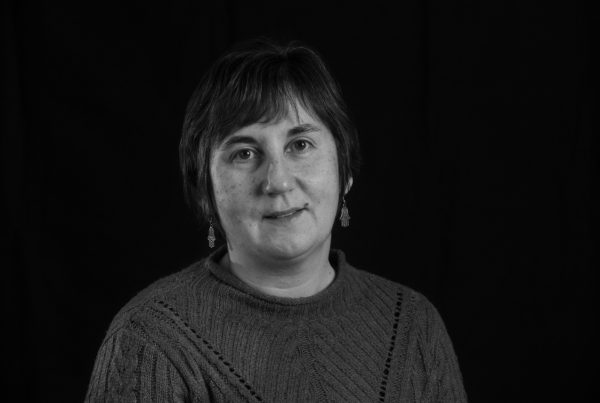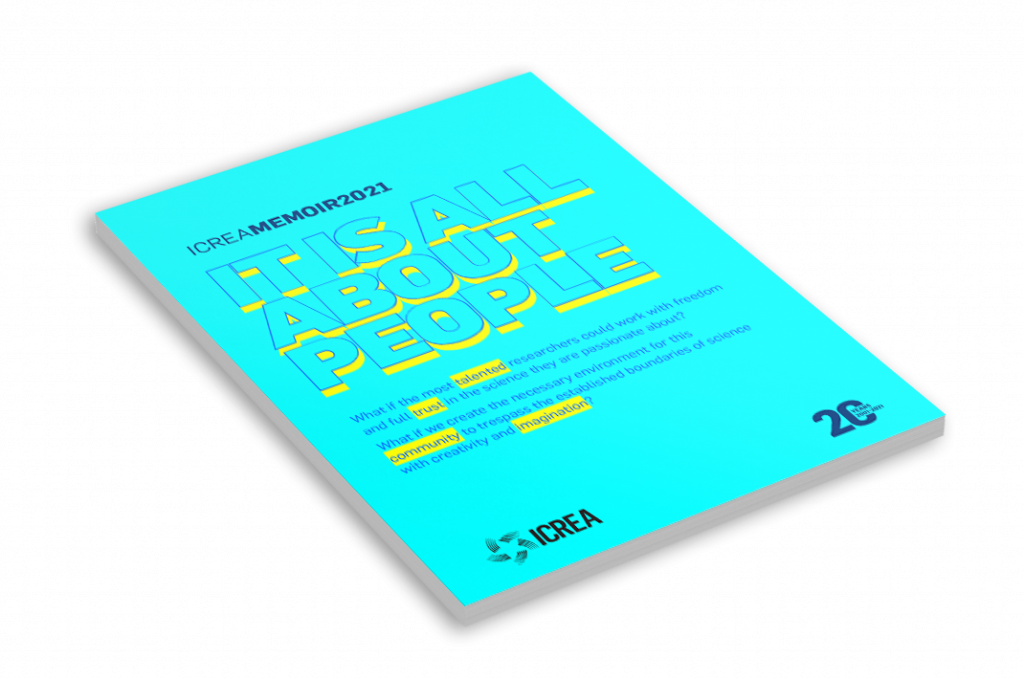I am an archaeologist, PhD in Geography and History (1995) for the University of Barcelona. From 1996 to 1998 I was a post-doctoral researcher at the CNRS (UMR 5140 - Lattes, France). From 1999 to 2003 I had different postdoctoral positions at the University of Barcelona and combined research with teaching tasks, and spent research periods in France. In 2004, I took a position at the ICAC. I joined ICREA in 2006 as a researcher and became an ICREA Research Professor in 2010. I currently lead the Protohistory Archaeology team at the ICAC, my host institution. I have conducted fieldwork in Spain, France and Tunisia. I made stays as an invited researcher at the Universities of Chicago and Montpellier. In 2013, I received Positive Assessment from the AQU Catalunya (Catalan Evaluation Agency) in order to apply for a University Full Professor position. Since 2019 I am Academic Supervisor of the Advanced Training Area at the ICAC.


